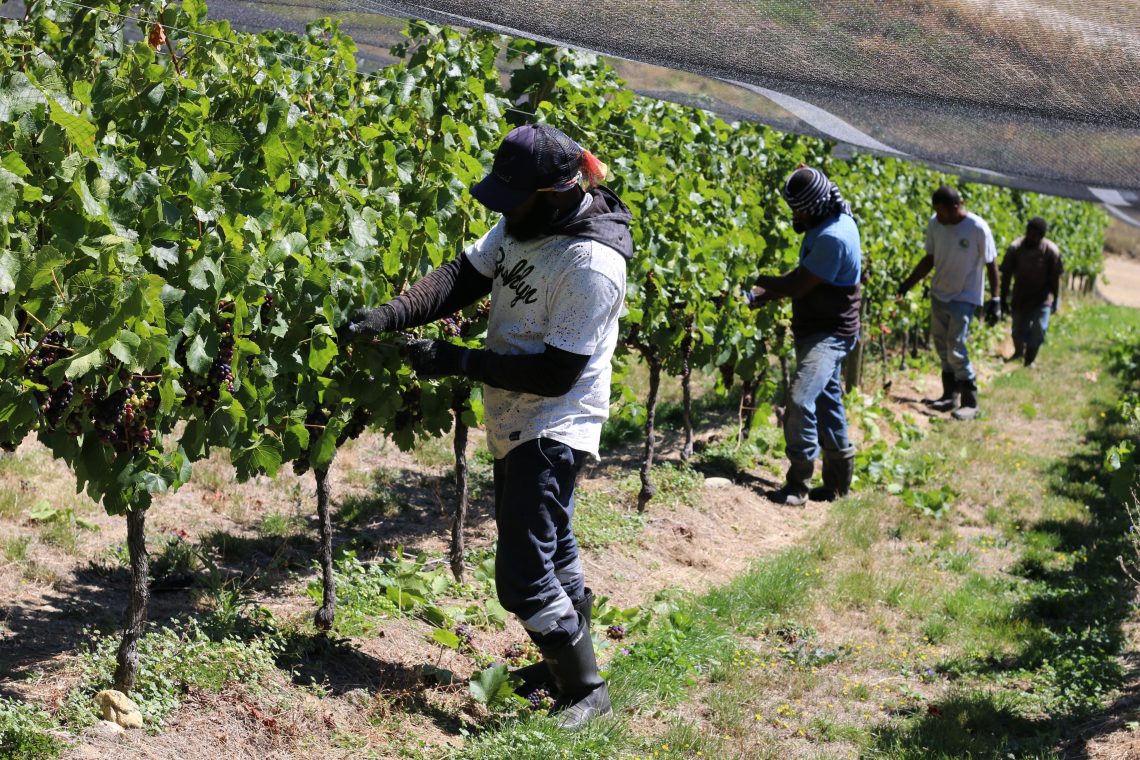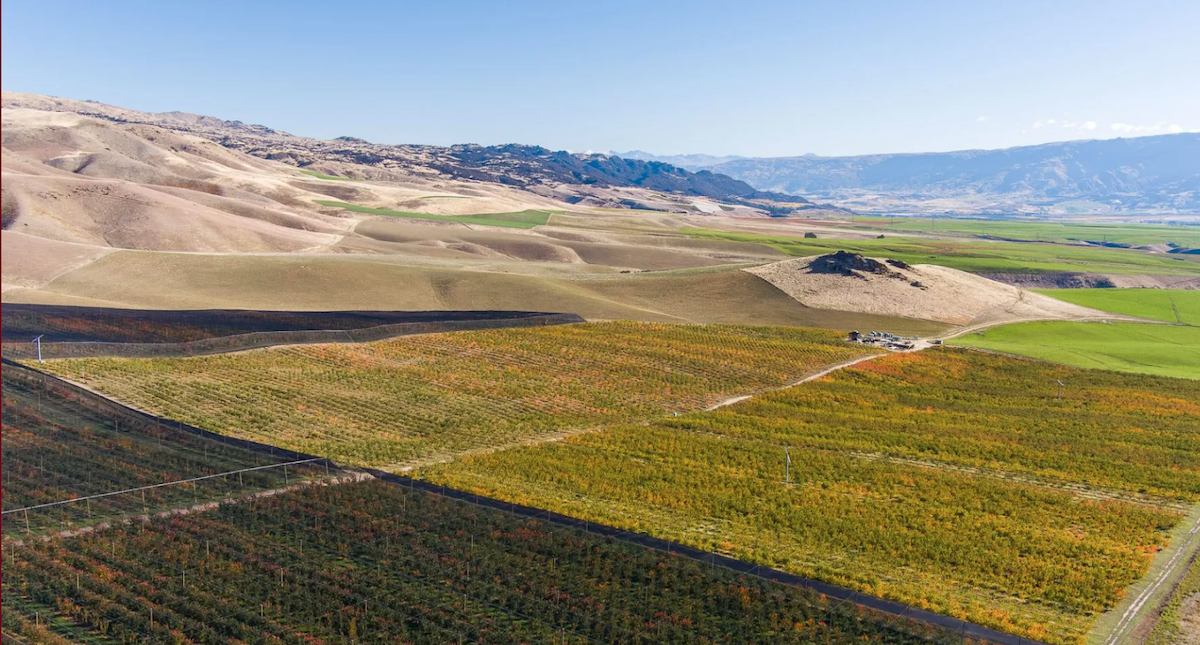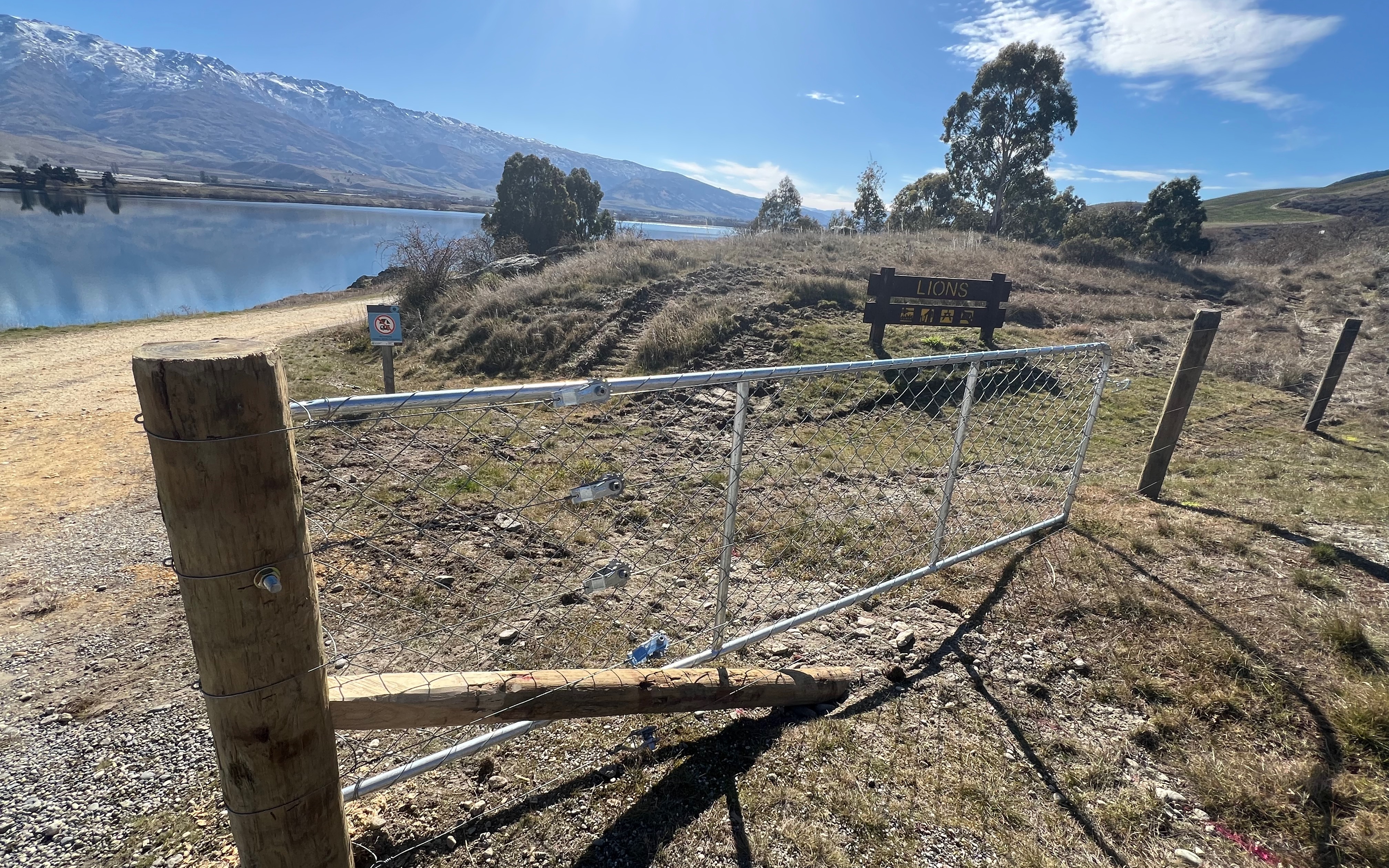Orchardists committed to improving RSE accommodation
Aimee Wilson
27 August 2025, 5:45 PM
 Significant investment has gone into looking after and retaining Recognised Seasonal Employer (RSE) workers over the past 10 years. Photo: File
Significant investment has gone into looking after and retaining Recognised Seasonal Employer (RSE) workers over the past 10 years. Photo: FileCentral Otago orchardists are disappointed at the 2.5 percent increase in Recognised Seasonal Employer (RSE) accommodation cost recovery, but say they’re more interested in retaining good staff.
Horticulture New Zealand chief executive Kate Scott met with Immigration Minister Erica Stanford last week to discuss the government’s recent announcement.
After a price freeze on accommodation charges for the past six years, the 2.5 percent did not reflect the actual cost of providing accommodation for RSE workers, she said.
“We will continue to urge the government to revisit the methodology for setting these rates and ensure that future changes are based on transparent and verifiable cost data.”
Simon Webb of Webbs Fruit in Cromwell said 10 years ago his orchard charged $100/week for RSE and backpacker accommodation onsite, and had only increased it by $10 since then.
They looked after their crew of 14 RSE workers and over the years have added extra incentives such as vehicles and free fuel.
“The price increase doesn’t reflect the ongoing costs of growing, but it’s nice to have those secure staff that know your place and keep coming back after 15 years,” Simon said.
He said it wasn’t about making money on accommodation, “and if you are making an investment in that, this doesn’t cut the mustard”.
“But for a grower, particularly in Central Otago, it’s not a big deal.”
Remarkables Orchard owner Sid Burtles also housed 14 RSE workers for seven months of the year, and said the price increase was “lousy”.
“If you are a landlord in Dunedin or Christchurch you are going to have regular rent reviews, so what’s the difference?”
He said orchardists were always looking for ways to make their accommodation more comfortable for staff, but if carrying out renovations it all came with a cost, and 2.5 percent was “not near enough”.
Kate said her meeting with the minister also provided an opportunity for HortNZ to highlight the continued importance of the RSE scheme for the sector, “as well as its importance for the government’s ambition of doubling the value of exports, which without appropriate settings in the RSE space may hamper horticulture's ability to contribute to this goal”.
“New Zealand’s horticulture sector can’t grow exports without the labour to pick, pack and process our produce, and you can’t secure that labour without fair and sustainable cost recovery for accommodation.”
She said many growers have invested significantly in lifting standards, and they are committed to ensuring workers are housed safely.
“That commitment now comes under increased financial strain.”
New Zealand’s RSE scheme was a success story built on mutual benefit, delivering essential seasonal labour for growers and economic opportunities for Pacific communities, she said.
Have a story to share or comment to make? Contact [email protected]





